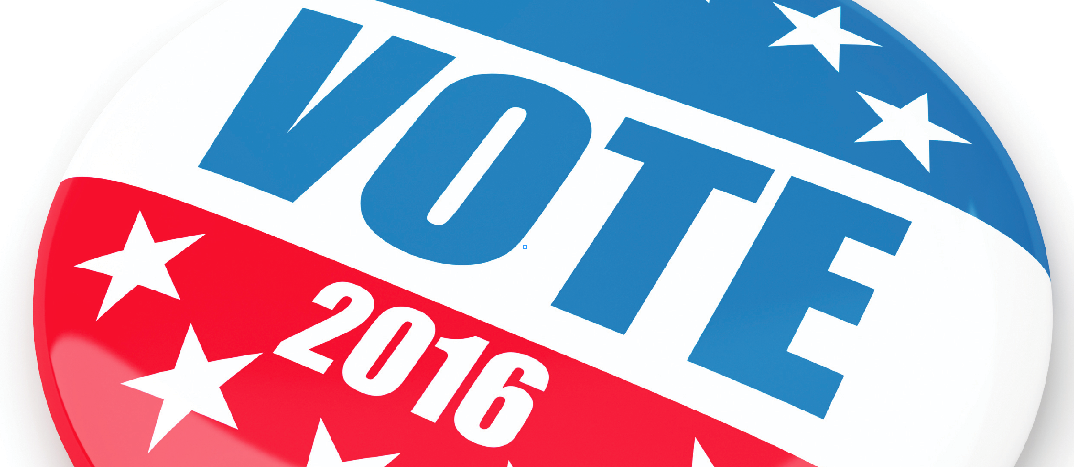By Jacqueline J. Holness
 In just under a month, our nation will elect its 45th president. While political campaigns are typically not in my scope of exploration in this column, the political campaign process has, unfortunately, become like a game of our favorite sports. And sports frenzy is unquestionably part of American culture. During a presidential election year, each American picks a team—a political party—and votes and cheers for that team until the rigors of the game eventually produce a victor.
In just under a month, our nation will elect its 45th president. While political campaigns are typically not in my scope of exploration in this column, the political campaign process has, unfortunately, become like a game of our favorite sports. And sports frenzy is unquestionably part of American culture. During a presidential election year, each American picks a team—a political party—and votes and cheers for that team until the rigors of the game eventually produce a victor.
Lack of Enthusiasm
This presidential election year has been an unusual one in that members of the prevailing parties haven’t been as excited about either of the candidates chosen to represent them. On the Republican side, while Donald Trump secured more broad-based support than other Republican political candidates, many Republicans have been vocal about their lack of support of Trump. Hillary Clinton has received lackluster support from Democrats as well.
The following are some of the headlines about both candidates regarding their parties’ support of them: “Which Republicans Still Do Not Support Donald Trump?” “3 More Prominent Republicans Say They Cannot Endorse Donald Trump,” “Five Women and Five Answers About the Lack of Enthusiasm for Hillary Clinton,” “Stop Telling Me to Get Excited About Hillary Clinton.”
And while Trump and Clinton haven’t garnered overwhelming definitive support from either of their parties, various events that transpired this year have galvanized Americans in ways their personalities and/or campaigns haven’t. Trump’s reference to “Two Corinthians” rather than Second Corinthians during a speech at Liberty University in January sparked an ongoing discussion about his faith, although he has asserted that he will protect the tenets of Christianity if elected president. Hillary Clinton’s use of email while she was Secretary of State continues to be a topic for debate, although the FBI ultimately decided not to charge her with a crime. Terrorism, xenophobia, and gun control are three issues that rouse Americans in the wake of the mass shooting allegedly committed by Omar Mateen at the Orlando nightclub in June. Americans also continue to grapple with police shootings of black men in the wake of the videotaped deaths of Alston Sterling and Philando Castile in July and then the shooting of police officers that followed.
What Matters Most?
Even Christians in America are divided about what are the important issues for this presidential campaign. According to a national survey conducted by the Barna Group, reported in the article “Influences on Which Candidate Voters Choose,” 85 percent of evangelicals stated that they value religious liberty over all other issues. Religious liberty was only named as an important issue by 45 percent of “non-evangelical born again voters.” Also abortion garnered 69 percent of support as an important issue for evangelicals, while only 29 percent of non-evangelical born again voters consider abortion as an important issue. Aside from the issues, 85 percent of evangelicals reported that their religious faith would have a “lot of influence” on their candidate selection, while that percent dropped to 45 percent for non-evangelical born again voters.
While we may have different backgrounds and differ on what issues matter the most, there are several organizations that hope to coalesce believers and inspire a Christian approach to politics. My Faith Votes, of which Dr. Ben Carson was named an honorary chair, exists to create a “relevant and non-partisan movement of the church in America that will motivate believers to act on their faith by casting an informed vote based on biblical worldview,” according to its website. The AND Campaign, which launched in February, asserts that it is “an urban coalition that promotes the voice of human flourishing in the socio-political arena” and hopes that biblical wisdom will “restore the true narrative of humankind to its rightful prominence which is justice for all.”
While not a traditional political advocacy group, David’s Tent, a public worship group, is committed to changing the political climate by worshipping nonstop in the National Mall in the nation’s capital for 14 months from last September 11 through Election Day.
While Christians cannot predict the election outcome and may have different opinions politically, we are called to demonstrate our spiritual unity in Christ: “There is neither Jew nor Gentile, neither slave nor free, nor is there male and female, for you are all one in Christ Jesus” (Galatians 3:28).
Jacqueline J. Holness, a member of Central Christian Church in Atlanta, is a correspondent for Courthouse News Service. Read more on her website (afterthealtarcall.com).



Comments: no replies